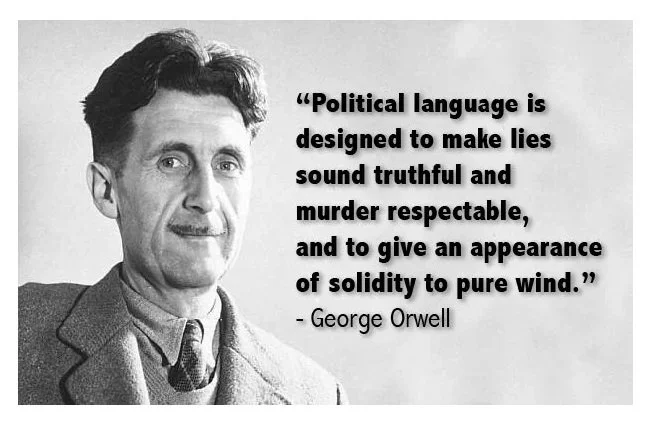Do We “Share” Too Much?
During my lifetime there have been many major cultural changes in the UK. These range from the decriminalisation of homosexuality in 1967, to the decline of the Church of England. Then at the other end of the spectrum you have the waning of social conventions and etiquette. People no longer wear hats and Sunday has ceased to be a more sedate day of the week. Such is the nature of change. Society does not remain static. One aspect of life that has radically altered is the concept of privacy. By this I mean what personal details and information we share with friends, neighbours, work colleagues and the state. Because nowadays, such information seems to be much more freely given. A lot more people seem to wear their hearts on their sleeves. Certainly social media has contributed greatly to this behavioural change.
Here are two contrasting examples that hopefully highlight my point. I remember doing a day-long IT contract back in 2014 for a small company in central London. I arrived on site and the receptionist was my point of contact and acted as liaison. By the end of the day, that person had shared most of their life history with me and freely given information that I frankly didn’t think should be in the public domain. Yet to them, it was just “having a chat”. Now let’s compare this anecdote with another. During my childhood, Mr and Mrs Wright lived two doors away from my home. They were a nice retired couple, who were always be busy in their garden. They were friendly and happy to talk to a small child. They would make friendly small talk with my parents. They even did some childminding on a couple of occasions. To my knowledge, neither me nor my parents knew anything beyond the obvious about that pleasant old couple.
This is how things were back in the seventies and eighties. You did not share personal information. You would talk to your neighbours and peers but you wouldn’t volunteer information such as your political allegiances and personal ideologies. In fact how people voted was considered deeply private and folks would say “that’s why it’s called a secret ballot”. Sometimes during the run up to an election a neighbour may place a poster in their window, declaring their personal affiliation and it would often become a talking point. But broadly speaking people avoided discussing politics and religion as relationships remained much more amicable that way. Other taboo subjects were talking about how much you earned and certainly one’s sexuality. This state of affairs persisted not only in one’s local neighbourhood but at work place. Even the national census was far more discrete, compared to today, during these decades.
Yet we seem to have gone full circle and currently live in a world where people will happily state on social media their thoughts and opinions on absolutely any subject matter. Every activity, be it shopping or a holiday, is meticulously photographed and shared. You can look at some people’s social media accounts and know every aspect of their life. From the state of their sex life to how itchy their haemorrhoids are. And it’s catching. I like to post a few pictures on twitter when I’m out and about. However, it is a question of degrees and some folk take it to extremes. And this wealth of personal data is of immense corporate value, providing essentially free market research. It is also of use politically, as we have seen in recent elections and referendums. Targeting those of a specific mindset or affiliation can result in a sufficient percentage change to swing an outcome.
And so we come to the recent departure of John Gibson from his role as CEO of Tripwire Interactive. Mr Gibson tweeted recently “Proud of #USSupremeCourt affirming the Texas law banning abortion for babies with a heartbeat. As an entertainer I don’t get political often. Yet with so many vocal peers on the other side of this issue, I felt it was important to go on the record as a pro-life game developer”. If you’re not familiar with this new piece of legislation, there’s an excellent summation over at The Book of Jen. As a result of this statement which was not well received by Tripwire as a company, Mr Gibson has now moved on to pastures new. This situation raises numerous points of interest. Mr Gibson is entitled to his opinion and thus this matter plays into current debates about cancel culture. However, aside from the various arguments regarding free speech, political activism and such like, could not all of this have all been avoided if people just left certain aspects of their life at home? Again we come back to the culture of “sharing” personal data and opinions.
Life does seem to have gotten a lot more partisan in recent years. Trump and Brexit are just two examples of social fault lines that still divide communities. If you meet someone and within a few hours know every aspect of their life and beliefs then it may well prejudice your opinion against them. Knowing someone’s faith or political outlook may determine whether they become a personal friend or not. Yet I cannot help but think that is an erroneous outlook. There are some people who are totally defined by their beliefs such as The Pope and Peter Tatchell. But for a lot of us, this is not the case and many of the things we may believe or feel are not integral to our identity. Why miss out on a potential friend just because he votes a different way to you once every four years? It’s a shit choice to begin with.
So maybe society would benefit to a degree if we tended to share a little less. I personally would welcome a work environment where staff were civil but we didn’t know the minutiae of each other's lives. As for game developers; if equality and diversity were actively pursued in both the product range and the workforce, there would be no need for polarising statements. Actions speak louder from words. Perhaps we should all take time out to reflect upon our social media presence and reconsider exactly what information we are sharing. It certainly seems to be a growing source of problems. That is not to say I want a return to the days where certain groups feel it better to not be seen. Everyone has a right to “be”. We just need to stop “sharing” quite as much, because knowledge is power and that power can be used equally for or against you. Also, the wise man listens while the fool chatters.




























